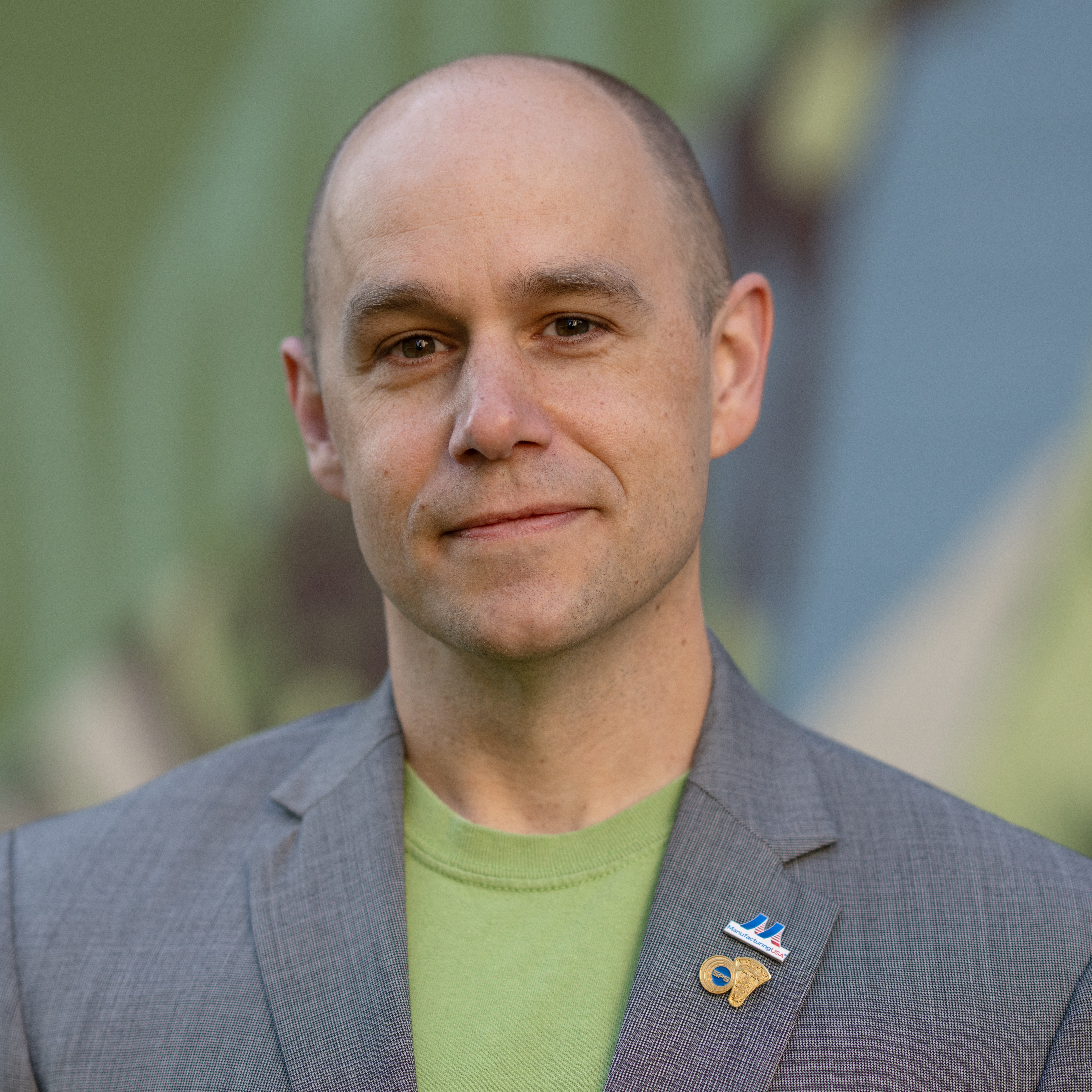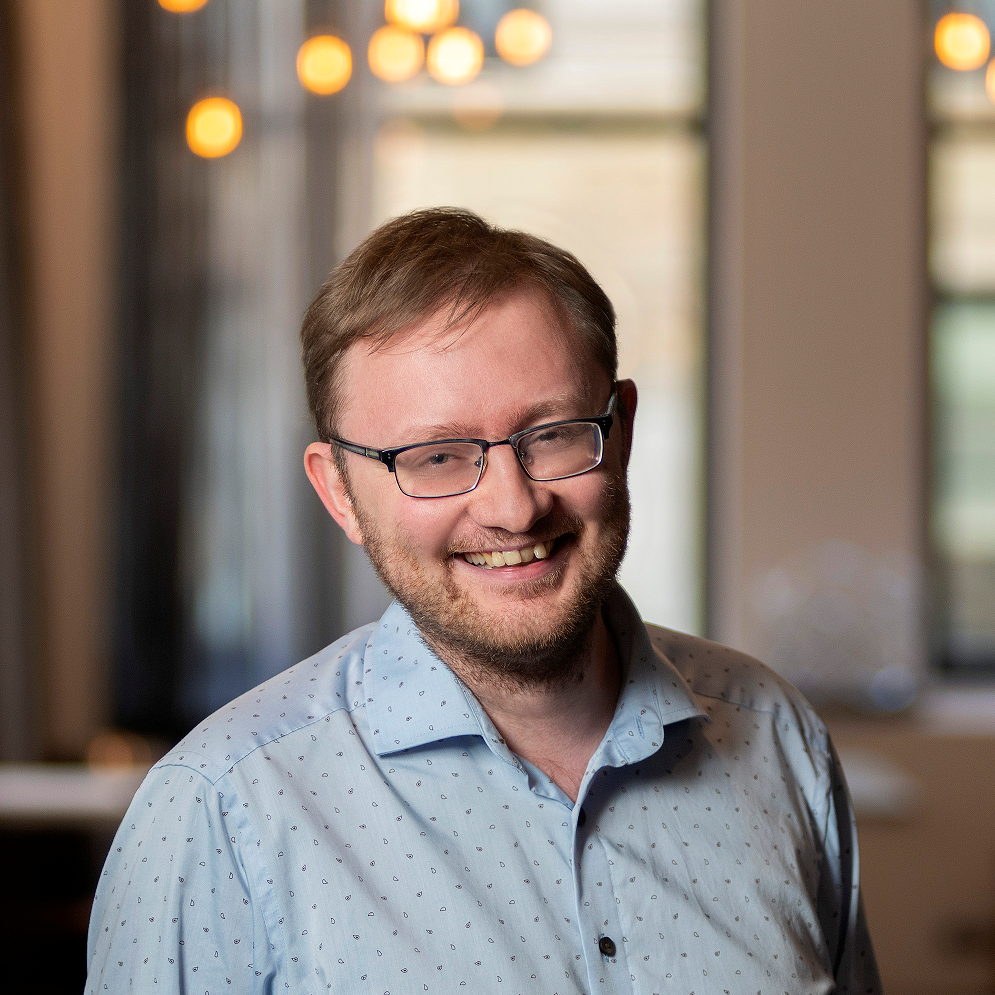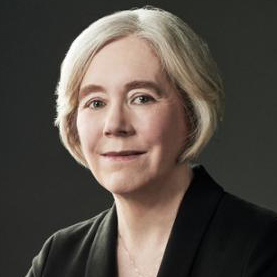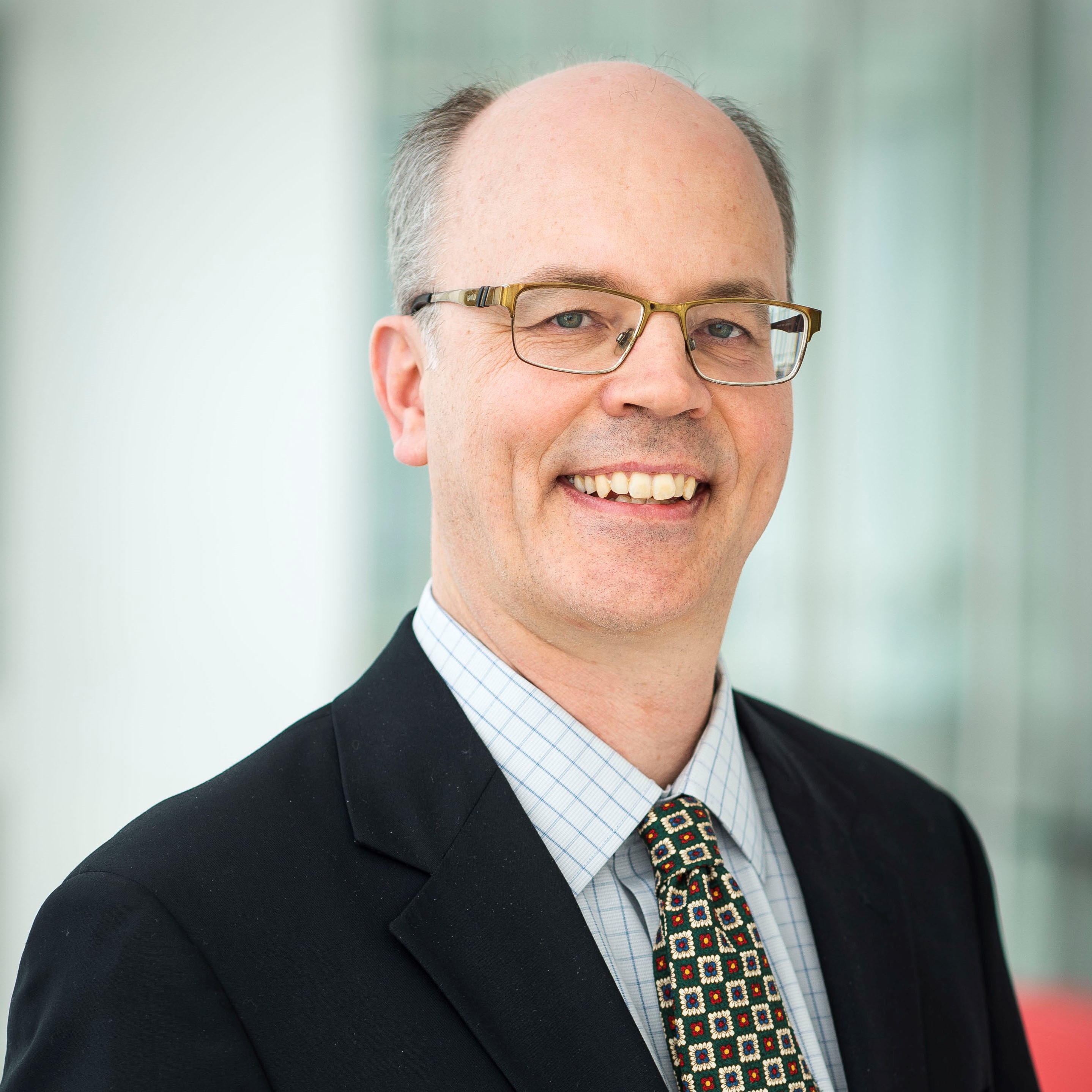Determined to Learn, Inspired to Teach
- Details
- Published: Saturday, February 24 2024 09:24
Long before he became a scientist, Brad Conrad (M.S. ’06, Ph.D. ’09, physics) was a curious kid, determined to learn everything he could about the world around him.
“My favorite story is when I was three or four my mom found me in the living room where I had found a screwdriver and I’d taken apart the videocassette recorder,” Conrad explained. “I did that because I had put my peanut butter sandwich in the VCR and was trying to figure out how to get it out. I was always determined to learn about things.”
Conrad’s passion for learning and an interest in science—and maybe one too many questions in a high school chemistry class—helped him find his niche. Brad Conrad
Brad Conrad
“I was doing well in chemistry, but I kept going to the chemistry teacher asking things like ‘What do orbitals mean?’ and ‘Exactly how do atoms do this?’ and he threw up his hands at some point and said, ‘You just need to go talk to the physicists—you’re a physicist,’” Conrad recalled. “That’s when I decided that I should probably do physics instead of chemistry.”
Conrad’s fascination with physics launched a successful career that’s taken him from state-of-the-art research labs and university classrooms to the American Institute of Physics (AIP) where he supported thousands of undergrads and alums as the national director of the Society of Physics Students (SPS) and Sigma Pi Sigma, the honor society for physics and astronomy.
In 2023, Conrad took on the role of education and workforce development manager in the Partnerships and Outreach Division at the National Institute of Standards and Technology (NIST). There, he works to build education and workforce development partnerships for NIST’s Office of Advanced Manufacturing to promote awareness and training opportunities for manufacturing jobs in STEM.
“I work across government agencies like the Department of Defense, Department of Energy and NASA—so it’s an all-of-government approach to solving the problems that we have in manufacturing today,” Conrad said. “It’s helping people realize that now when we say manufacturing jobs, it’s programming robots, doing advanced electronics and using lasers to do really cool stuff. My mission is to make the world a better place with science.”
Beyond the “middle of nowhere”
When Conrad was young, his dreams stretched far beyond the “middle of nowhere” Pennsylvania town where he grew up.
“I went to my high school guidance counselor to figure out what I should do, and they said I should be a truck driver because it paid really well,” Conrad recalled. “That rubbed me the wrong way because I’d already decided I was going to be a scientist.”
Determined to be the first one in his family to go to college, Conrad enrolled at the Rochester Institute of Technology (RIT) as a physics major, but fitting in was harder than he expected.
“It was definitely a tough major and I didn’t have a support network at all. I had this feeling that I didn’t belong,” he explained. “But, then, the summer before my junior year, one of my undergraduate teachers called me and said ‘Hey, I was wondering if you’d be the president of the Society of Physics Students when you come back in the fall,’ and that made a world of difference to me. It made me feel like somebody cared.”
With SPS activities and events keeping him busy and connected, Conrad stayed at RIT, earned his bachelor’s degree and went on to graduate school at the University of Maryland, where an active, engaging community took his passion for physics to the next level.
“At Maryland, there was a physics talk or multiple talks every day of the week, different topics, different people coming in, different labs, it was so inspiring,” he recalled. “I felt like I was at the hub of science, and it was great to be in one of the biggest, highest-ranked places in the country for physics.”
After exploring a variety of research opportunities from astrophysics to lasers, Conrad landed in Distinguished University Professor Emerita of Physics Ellen Williams’ surface physics lab conducting cutting-edge semiconductor research.
“When I started, she was doing nano stuff, semiconductors at the smallest level—so, individual molecules and interfaces between semiconductors and metals and graphene and carbon allotropes, and that was all really hot stuff at the time,” Conrad explained. “My Ph.D. ended up being on the interface effects of nanoelectronics. It was a great decision.”
In 2009, Conrad accepted a National Research Council postdoctoral fellowship to conduct organic electronics research at NIST.
“There was a chemist at the University of Kentucky making new organic semiconducting molecules. Nobody else in the whole universe was looking at them and they were being shipped to me and I was trying to grow single crystals of them and then determining if they were semiconducting or not,” Conrad said. “I was literally on the bleeding edge of organic semiconductor research and that was very exciting.”
Meanwhile, he was also teaching an introductory physics class at UMD. Inspired by the challenge of working with students, Conrad joined Appalachian State University in 2010 and spent the next eight years teaching physics and astronomy, building workforce and outreach opportunities for his students, and enjoying life on the doorstep of the Blue Ridge Mountains.
“Everyone there had four-wheel drive vehicles so they could get up and down the mountains, and I could see the Blue Ridge Parkway from my house,” he recalled. “I could just go off from my backyard and find one of the paths and connect up with the Appalachian Trail, so I definitely became a hiking person.”
Conrad also became a popular teacher and mentor, committed to providing the support and guidance he knew his physics and astronomy students needed. But he was just getting started.
Joining AIP in 2016 allowed him to do even more. As the director of SPS and Sigma Pi Sigma, Conrad impacted thousands of U.S. physics and astronomy students and alumni by building programs and sharing best practices to enhance physics education.
“My job at Appalachian State taught me how important teaching is, then what I loved at AIP was I got to direct the conversation and resources nationally, for 32,000 undergrads in physics and astronomy across the country,” Conrad explained. “It was my dream job, the coolest thing I’ve ever done.”
Thanks to his own experiences as a student and a college professor, Conrad knew that SPS provided support that can be crucial to students’ success.
“It gives students a common mission and it supports fellowship and interest in physics,” Conrad noted. “The reason students don’t stay in physics is because they don’t feel like they fit, but SPS helps every student feel they belong, and that’s the real strength of SPS—belonging.”
Always a physicist, always a teacher
In his current role at NIST, Conrad still supports students interested in science and technology, but he also supports the high-tech employers who need them. He works to build collaborations between manufacturers and government agencies and advance specialized training and apprenticeship programs.
“Within Manufacturing USA there are 17 institutes, each focusing on a specific technology like robotics, optoelectronics, reuse of electronics and biotech—and all these tech areas need really awesome people to fill these jobs,” Conrad explained. “My role is to work with each of those institutes on their education and workforce development strategies, how they can get people access to those skills, and get people interested in these opportunities.”
Whether it’s teaching a class, connecting people, or creating opportunities in physics and beyond, for Conrad it’s a meaningful investment in the future.
“When people ask me who Brad Conrad is, I’m a physicist and I will always be a teacher,” he reflected. “I may do things that aren’t teaching but it’s always in support of people who want to learn and do good things. It’s more than just advancing science—I also know that every day I’m connecting people who are going to go off and make the world a better place.”
Written by Leslie Miller



